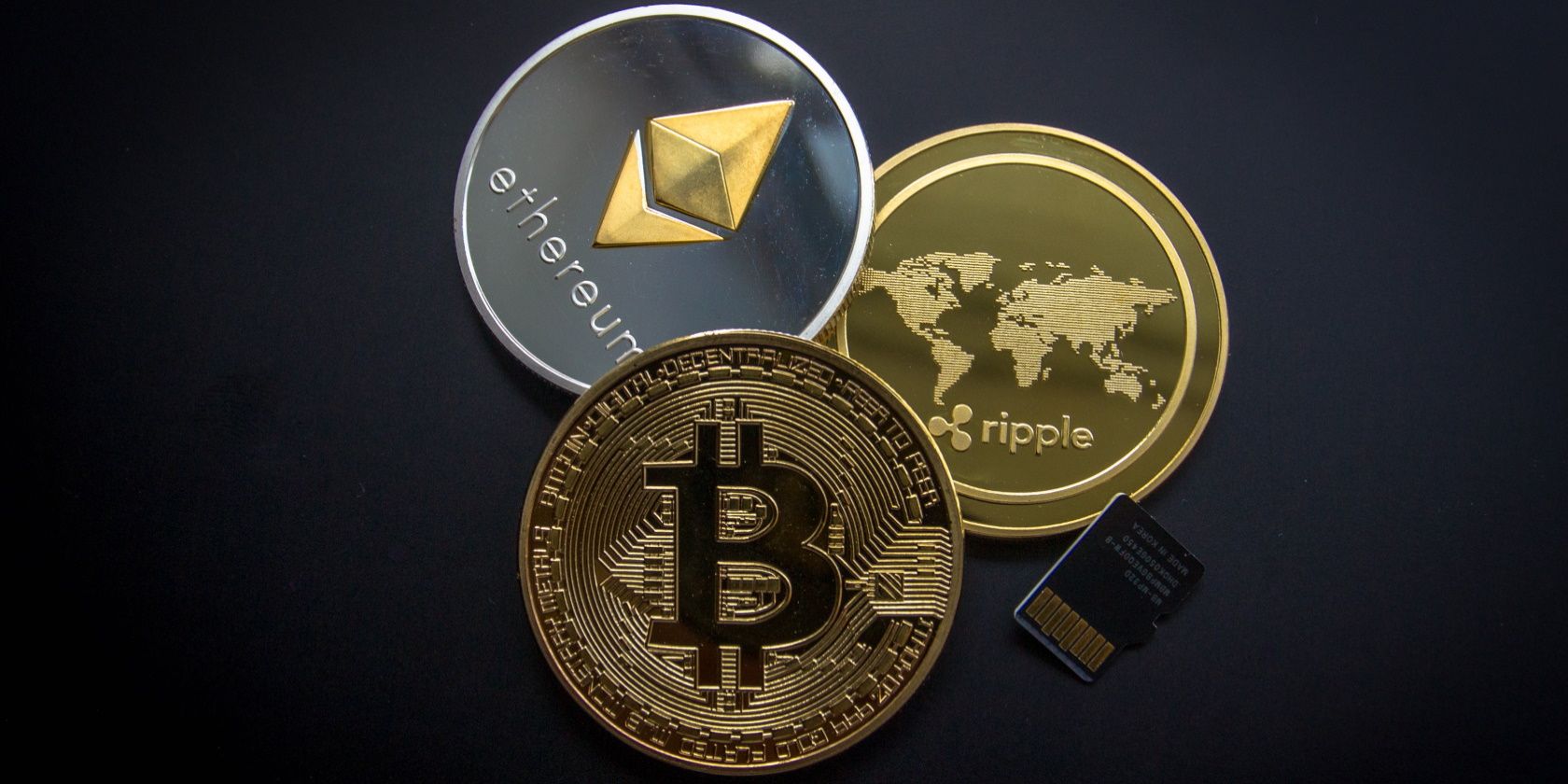It's no secret that Bitcoin's transaction speed is slow. It has struggled to scale efficiently and adapt to the demands of its users for quite a while. Now, it even offers off-blockchain, second-layer solutions as a quick way to carry out micro-transactions.
This scalability problem is not unique to Bitcoin, though. It affects all cryptocurrencies, and it has led to the creation of many different ones, all claiming to have solved the problem.
But how can you measure a cryptocurrency's transaction speed? And what is the fastest cryptocurrency?
How Do You Measure a Cryptocurrency's Transaction Speed?
A cryptocurrency's transaction speed is just its ability to process and store data. Once we realize this, we can calculate its speed by just using a few data points. All you need to know is how big each block is, how large the average transaction is, and how frequently a new block is added to its blockchain.
So, if Bitcoin's blocks are 1MB (one million bytes) and the average Bitcoin transaction is about 400 bytes, it means that each Bitcoin block can fit around 2,600 transactions. Finally, because a new Bitcoin block is added to the blockchain every 10 minutes, Bitcoin ends up with an average transaction per second (TPS) throughput of roughly five.
Transaction Verification Time & Transaction Finality
Although increasing the number of transactions per second a blockchain can execute improves scalability, another important factor that affects how the end-user perceives transaction speed is transaction verification time (all known as transaction finality).
As its name implies, it is the time it takes for a blockchain transaction to be verified, thus making it final. You can calculate it by multiplying the number of block verifications required by a blockchain to consider a transaction final by the time it takes for a new block to be added to the said blockchain.
So, if Bitcoin requires that transactions be verified between three and six times for them to be considered final, and a new block is added every 10 minutes, it means that Bitcoin's transaction finality is between 30 and 60 minutes.
What Are the Fastest Blockchains? What Is the Fastest Cryptocurrency?
So, we've already established that Bitcoin isn't the fastest cryptocurrency. Which begs the question: what is the fastest cryptocurrency, and how many transactions per second can it handle?
Now, there are thousands of cryptocurrencies out there, so we're going to focus primarily on those that are most well-known, but we'll include the fastest options, too. Better still, you can read it all from the handy table below!
|
Cryptocurrency |
Transactions Per Second (TPS) |
Transaction Finality |
|
Bitcoin (BTC) |
7 |
30 to 60 minutes |
|
Ethereum* (ETH) |
30 |
30 minutes |
|
Bitcoin Cash (BCH) |
200 |
30 to 60 minutes |
|
Litecoin (LTC) |
56 |
30 minutes |
|
Monero** (XMR) |
See notes |
20 minutes |
|
Dogecoin (DOGE) |
33 |
6 minutes |
|
Cardano (ADA) |
250 |
20 minutes |
|
Ravencoin (RVN) |
116 |
100 minutes |
|
Polygon*** (MATIC) |
7,000 |
15 minutes |
|
Ontology (ONT) |
5,000 |
10 minutes |
|
ICON (ICX) |
9,000 |
Near instant |
|
Zilliqa (ZIL) |
1,000-2,500 |
30 seconds |
|
Stellar (XLM) |
1,000-5000 |
5 seconds |
|
Avalanche (AVA) |
4,500 |
2 seconds |
|
Cosmos (ATOM) |
10,000 |
2-3 seconds |
|
Solana**** (SOL) |
Up to 50,000 |
Near instant |
- Ethereum*: Note that while Ethereum currently processes around 30 transactions per second, future updates are expected to boost this figure enormously. The Ethereum 2.0 Merge, completed in September 2022, will eventually see the introduction of blockchain sharding, which could allow for hundreds of thousands of transactions per second.
- Monero**: Using a strict number of transactions for Monero is difficult and potentially inaccurate, as Monero uses a dynamically adjusting block size to accommodate more transactions, with decreasing fees as network usage increases.
- Polygon***: Polygon's 7,000 tps was achieved on a testnet sidechain.
- Solana****: While Solana claims to be able to handle up 50,000 tps, the highest number of transactions per second achieved is 8,453 (which is still impressive).
Solana Is the Fastest Cryptocurrency—But It's Not Clear Sailing
On the face of things, Solana is the fastest cryptocurrency. Some believe Solana could increase the number of transactions per second even higher, drastically increasing the scaling potential of the network. However, at the time of writing, the crypto world is reeling from the FTX and Alameda Research bankruptcy and its subsequent ripples.
Unfortunately, Solana was a crypto both exchanges held a great deal of. Alameda Research held more than $1.2bn SOL alone. When FTX and Alameda went under, the price of SOL tanked, dropping to around $13 per SOL from more than $30. Furthermore, the massive price drop saw huge numbers of SOL stakers unstake coins, further compounding the issue.
Solana is far from dead. The huge price decrease is hard for investors to take and could temporarily damage network stability by removing validators, but Solana still has a great deal going for it that will aid its recovery. At least, when the crypto market recovers, Solana stands a great chance of recovering with it.
Is the Fastest Cryptocurrency Always the Best?
As you can see, two important factors affect a cryptocurrency's speed: the number of transactions per second it can execute and its transaction verification finality. This means that a cryptocurrency is only fast if it has both a high TPS and low verification finality.
But is the fastest cryptocurrency always the best option? Sure, if all you need is a fast transaction speed, then yes, it's the right option. But take the case of Solana. Although it is the fastest crypto, if you want to use Solana as a functional crypto to buy products or services, you're very limited. That crown still goes to Bitcoin. Furthermore, while Solana has a healthy range of DApps covering gaming, finance, and so, it's still nowhere near as big as Ethereum.
That's not to knock Solana; it's just the reality of the difference in the networks, and the wider point is that if you're going to send crypto to someone and you already have $50 worth of Bitcoin, you're not going to exchange it for Solana then send it. You'll lose money in the transaction fee, reducing the amount of crypto you have. Of course, if you need an ultra-fast transaction, you very well might.
Either way, you now know what the fastest cryptocurrency is, and which network you should use for a speedy crypto transaction.


